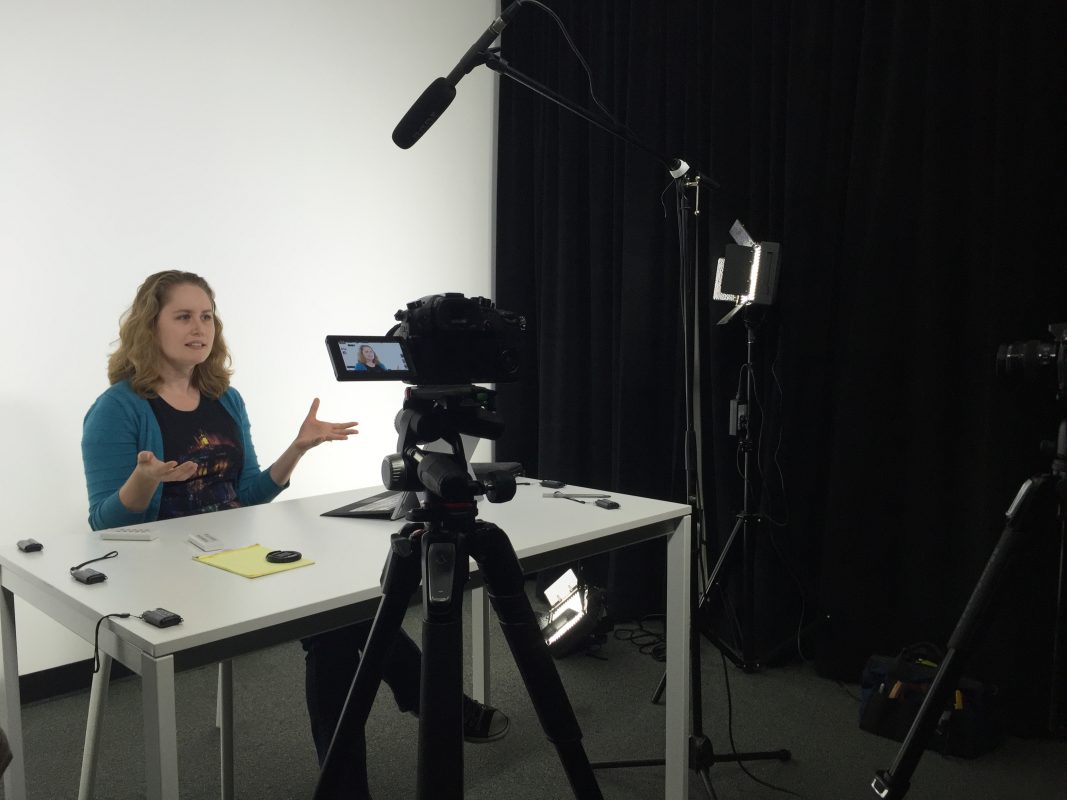The UCLA Department of Life Sciences Core Curriculum (LS Core) offers a series of three 10-week introductory biology courses (LS 7ABC) designed to annually prepare approximately 8,000 UCLA undergraduate enrollees for entry into any one of 12 Life Science majors. With funding from an NSF IUSE grant (DUE 1432804; PI: Blaire Van Valkenburgh, Co-PIs: Erin Sanders O’Leary and Frank Laski) awarded to UCLA in 2014, the LS Core began to shift pedagogical practices at scale, transitioning from courses taught in a primarily lecture-based format to a highly-structured flipped instructional modality (Haak et al. 2011). Background material for these courses is delivered in an online learning environment, allowing instructors to incorporate active learning and group work during class (Freeman et al. 2014). A cadre of teaching specialists, referred to as Discipline-Based Education Research, or DBER, Postdoctoral Fellows, were recruited to assist with the education reform efforts associated with this project. All DBER Fellows were mentored in their pedagogical training and scholarship endeavors by Director Sanders O’Leary.
Student Impact. A validated curriculum-level concept assessment (Crouch et al. 2019) was used to assess student learning in LS7ABC; this analysis was by one of our DBER Fellows (E. Roth-Johnson). Students scored substantially higher on the GenBio-MAPS test at the end of LS7C compared to the beginning of LS7A. Students at the end of LS3, the precursor course to LS7A, had a similar average score the students at the beginning of LS7A; however, the score distribution for these students was much broader. Student responses to post-survey items included also suggest that student engagement in the new LS7ABC series is comparable to, if not better than, student engagement in the precursor courses.
The LS Core formally implemented the Learning Assistants (LAs) program following publication of a study conducted by another one of our DBER Fellows funded by the NSF grant (N. Sellami). LAs were introduced to facilitate active learning during class. Results of this study, on which Director Sanders O’Leary is a co-author, (Sellami et al. 2017) showed that students in sections with LAs scored significantly higher on exam questions requiring higher order cognitive skills (HOCS). When disaggregated by race/ethnicity, URM students benefited significantly more from the LA intervention than non-URM students, demonstrating that this intervention contributes to closing the achievement gap between these two student groups. Students also reported high satisfaction with LAs in their courses as they described feeling more comfortable asking questions of their LAs compared to their graduate student TAs and/or instructor, as well as feeling more engaged in the lecture through the discussions with their LAs.
A third DBER Fellow (J. Maloy) collaborated with a faculty member in UCLA’s Psychology Department to determine the effects of introducing interesting but irrelevant details or anecdotes into pre-class lecture videos. These details, referred to as seductive details (SDs), have been widely reported in lab studies to inhibit student learning. The highly structured flipped classroom model allowed Jeff to determine whether or not these interesting but irrelevant examples impacted students similarly in the more authentic context of an actual course. The data from this study (Maloy et al. 2019) indicate that student learning in the actual classroom environment may be far less tractable than what occurs in the context of short modules provided in psychology lab studies, with students exhibiting very little reactivity to seductive details provided in lecture videos.
Visit the Life Sciences Core Education Department to learn more about these courses: https://www.lscore.ucla.edu/courses/

